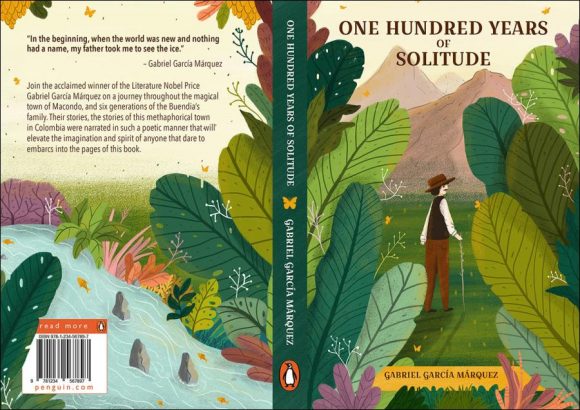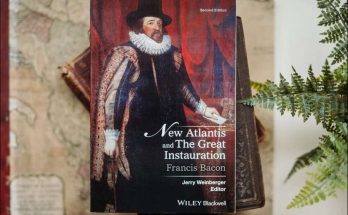Gabriel Garcia Marquez rewrote the creation history of the Latin American continent with his novel Centenary Solitude. Here is the story of the emergence of this novel and political effects.
Before the novel “One Hundred Years of Solitude”, Latin America was, in many ways, similar to the imaginary country described in the first paragraph of the book. “The world was so blossomed that so many things didn’t even have names, and when we talked about them, we had to point and show them.” Latin America was not a new continent, of course, when Marquez wrote this famous novel. In the 15th and 16th centuries, when the Spanish colonists came to the continent, they described the region and even named them for the first time.
Years later, Garcia Marquez embarked on his second discovery of America. He re-imagined the emergence of this continent with his typewriter in the small study room in Mexico City and thus shaped his future.
In the second half of the twentieth century, Latin America went through a painful period, and countries such as Chile, Colombia and Mexico had to deal with instability, dictatorships and political violence. This led to sudden and complex social changes, such as the Cuban Revolution, led by Ernesto Che Guevara and Fidel Castro.
Garcia Marquez was influenced by what was happening in Cuba in the early stages of his writing, and the establishment of a new order on this continent other than the US pressure and demands.
Many intellectuals such as Mario Vargas Llosa, Jean-Paul Sartre, Albert Camus and Simone de Beavuoir shared the excitement of Marquez. The Cuban model has had a major impact on Centenary Solitude, although many of them were disappointed and distanced from Cuba in later years; Garcia Marquez gave hope to the continent’s future.
Creating an epic
However, it was not easy to write this great work. He lived in Mexico City at the time with his wife Mercedes and two sons. Colombian Marquez left the country after a rightist party came to power, first in Venezuela’s capital Caracas, Paris and Barcelona, and then came to Mexico.
At this time he dreamed of becoming a world-famous writer. But he was struggling to make a living. He was a foreign news reporter for a few Spanish-language newspapers and magazines. Although his books were praised, he did not have commercial success. Marquez knew he had a good story to tell, but he couldn’t take the first step in the big novel he had in mind.
Although there have been many rumors about how he has surpassed being a writer for Century Solitude and how he found the inspiration for the story, Marquez did not approve or reject any of them. What Gerald Martin wrote in Marquez’s biography was most convincing to me. “With his family, he was on his way to go on a sea vacation in Acapulco, an hour away. He turned half way through his 1962 Opel car. he clearly visualized the flow of his entire life as a filmstrip.”
According to Martin, Mercedes immediately canceled the holiday and asked Marquez to start writing immediately, returning home. As long as he focused on his new novel, he took care of the house himself. Marquez did so, ignoring the facts, and began writing stories that heroes had whispered in his ear since he was little. For eight months. This was the story of the Macando and Buendia family, an imaginary town in Colombia, and instantly became a modern classic. This work was compared to the works of Cervantes and Shakespeare.
Gabriel Garcia Marquez rewrote the creation history of the Latin American continent with his novel Centenary Solitude. Here is the story of the emergence of this novel and political effects.
Views: 361




